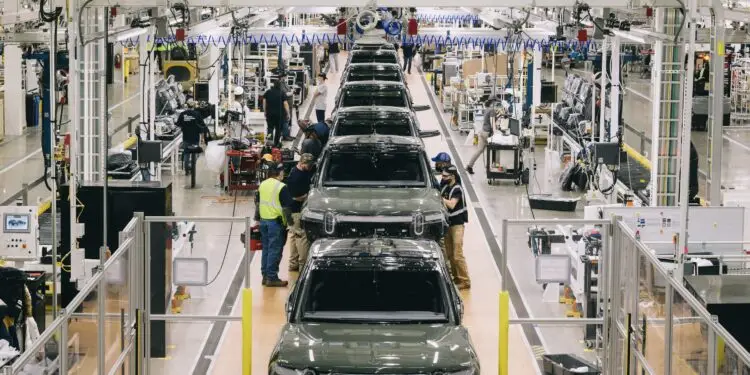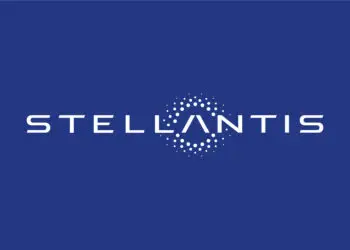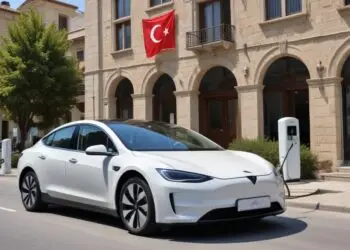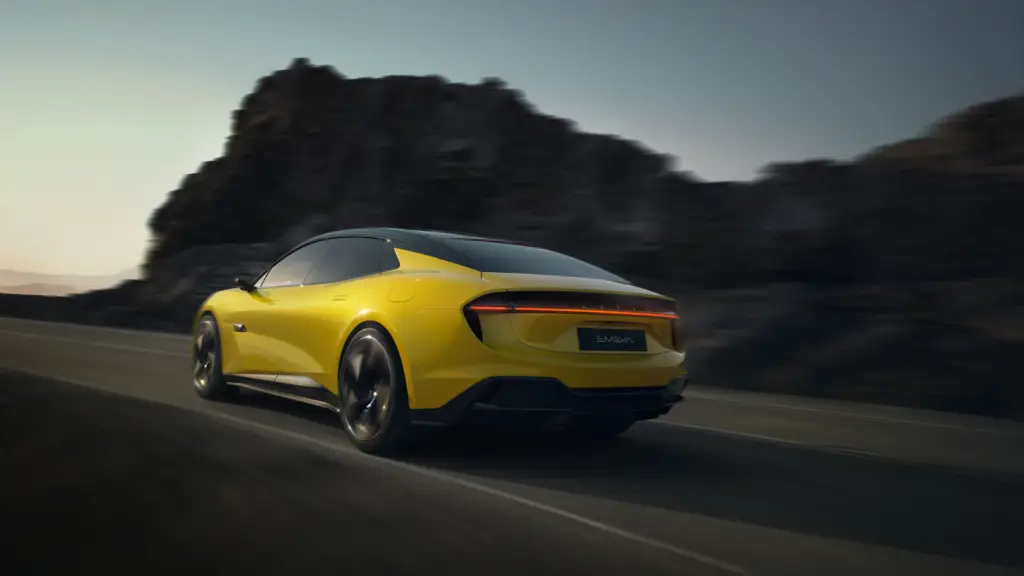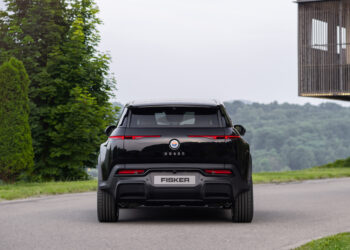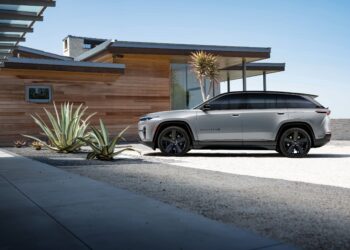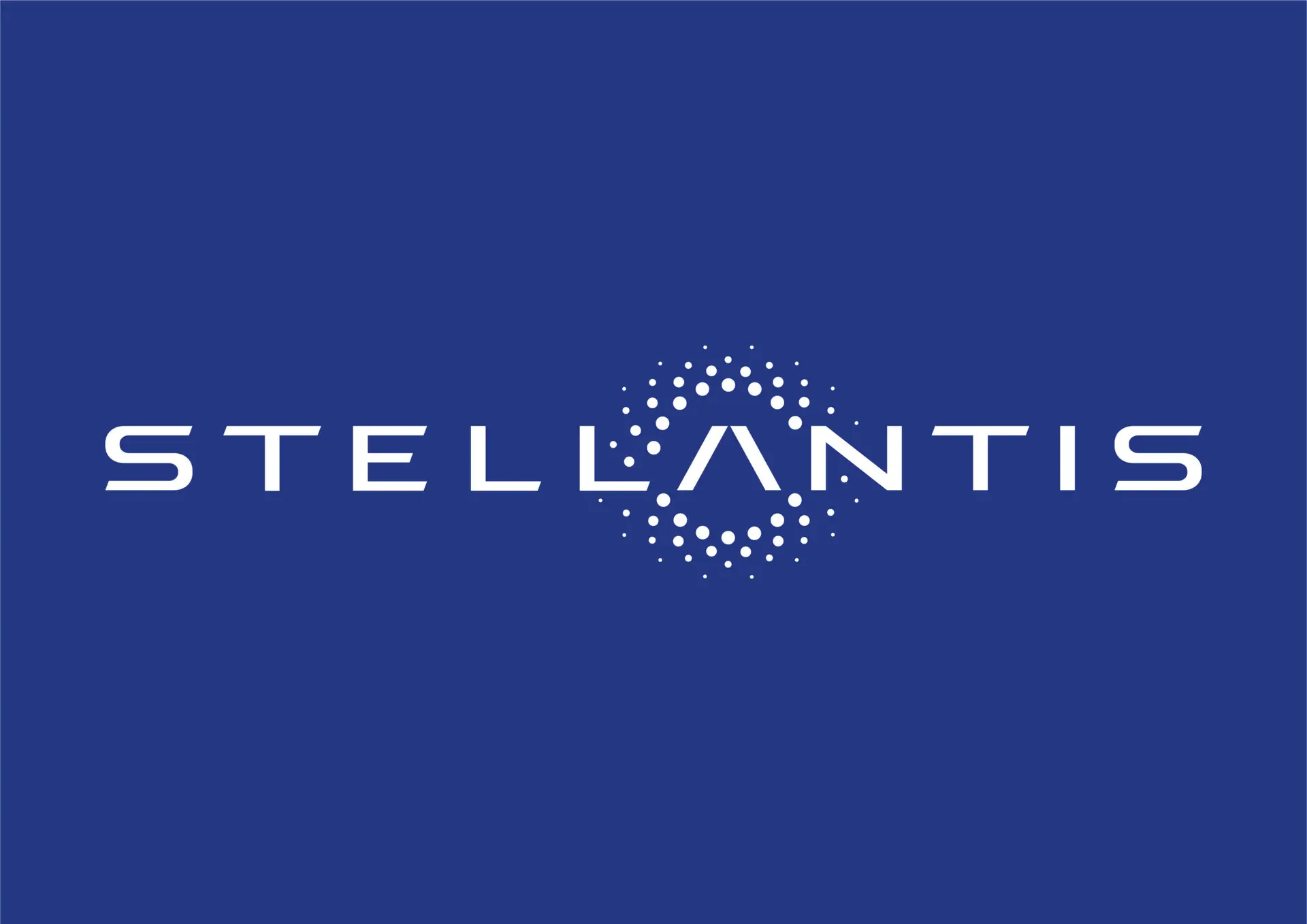In a significant development for the electric vehicle industry, German automotive giant Volkswagen Group has announced a strategic investment of up to $5 billion in American EV manufacturer Rivian Automotive. This partnership marks a significant step in Volkswagen’s efforts to accelerate its electric vehicle development and strengthen its position in the rapidly evolving electric mobility market.
The investment will take place in stages, starting with a $1 billion initial investment and ending with potential additional investments of up to $4 billion by 2026. This substantial financial commitment underscores the strategic importance of the partnership for both companies.
At the heart of this collaboration is forming a new, equally controlled joint venture focused on developing cutting-edge software technology and next-generation electrical/electronic (E/E) architecture for software-defined vehicles (SDVs). This move allows Volkswagen to leverage Rivian’s expertise in electric vehicle technology, particularly in areas where the German automaker has faced challenges.
For Volkswagen, this partnership offers several key benefits:
Access to Advanced Technology
The deal gives Volkswagen immediate access to Rivian’s current E/E architecture, allowing Volkswagen to adapt it for use in their upcoming SSP (Scalable Systems Platform) based EVs.
Software Development
Volkswagen has canceled its in-house E3 2.0 software platform development and will co-develop next-generation software with Rivian through the joint venture.
Global Application
While initially focused on the North American market, Volkswagen CEO Oliver Blume has confirmed that the technologies developed through this partnership can be used across all Volkswagen Group brands.
The investment comes at a crucial time for Rivian. The company has been facing financial challenges, reporting significant losses and struggling to ramp up production of its electric pickup and SUV models. Volkswagen’s capital influx provides Rivian with a much-needed financial lifeline and the opportunity to scale its operations more effectively.
The market responded positively to the announcement, with Rivian’s stock surging by up to 50% in after-hours trading. This boost in investor confidence could help Rivian recapture some of its lost market value and provide momentum for future growth.
Both companies aim to introduce vehicles featuring jointly developed technology in the latter half of this decade. This timeline aligns with Volkswagen’s plans to launch its first SSP-based electric vehicle around 2028, suggesting a potential integration of Rivian’s technology into Volkswagen’s future electric vehicle lineup.
Comparison with VW's Other Partnerships
This deal with Rivian marks Volkswagen’s third major partnership to enhance its electric vehicle capabilities, following collaborations with Chinese companies XPENG and SAIC Motor. However, each partnership serves a distinct purpose in VW’s overall electric vehicle strategy:
XPENG
In 2023, VW announced a strategic partnership with XPENG, focusing on developing two B-class battery EVs for the Chinese market. This collaboration centers on leveraging XPENG’s software and electrical/electronic (E/E) architecture expertise. VW and XPENG are jointly developing a high-performance E/E architecture for electric vehicles in China, aiming to reduce development time by over 30%.
SAIC Motor
VW’s long-standing joint venture with SAIC Motor, known as SAIC Volkswagen, dates back to 1984. This partnership has been crucial for VW’s presence in the Chinese market, producing various Volkswagen, Škoda, and Audi models. Recently, the joint venture has been focusing on expanding its EV offerings, including producing ID-series electric vehicles.
Rivian
Unlike the China-focused partnerships with XPENG and SAIC, the Rivian deal appears more globally oriented. It gives VW access to Rivian’s advanced electric vehicle platform and software technologies, which could be applied across various markets. This partnership also offers VW a stronger foothold in the North American electric vehicle market, where Rivian has gained significant attention with its electric trucks and SUVs.
Key Differences of the Rivian Deal
The Rivian partnership stands out from VW’s earlier collaborations in several ways:
- Market Focus: While the XPENG and SAIC partnerships primarily focus on the Chinese market, the Rivian deal has potential global implications, particularly for the North American market.
- Technology Exchange: The Rivian partnership offers a more comprehensive technology exchange, potentially covering areas like EV platforms, battery technology, and advanced software systems.
- Investment Scale: The up to $5 billion investment in Rivian represents a significant financial commitment from VW, indicating the strategic importance of this partnership.
- Product Segment: Rivian specializes in electric trucks and SUVs, which are segments where VW needs more experience. This could help VW expand its electric vehicle portfolio into new vehicle categories.
- Start-up Collaboration: Unlike SAIC, an established automotive manufacturer, Rivian is a relatively new player in the industry. This partnership allows VW to tap into a successful EV start-up’s innovative and agile approach.
In conclusion, Volkswagen’s $5 billion investment in Rivian represents a strategic move to accelerate electric vehicle development for both companies. By combining Volkswagen’s global presence and manufacturing expertise with Rivian’s innovative electric vehicle technology, this partnership has the potential to reshape the competitive landscape of the electric vehicle market. As the automotive industry transitions to electric mobility, such collaborations may become crucial in driving innovation and securing market positions in the rapidly evolving electric vehicle sector.


